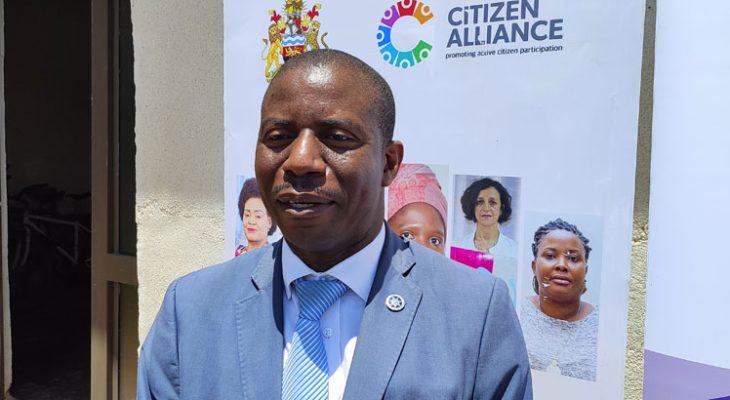
Navigating Forex Complexity: Opportunities and Challenges for Malawi’s Business Sector
Key Business Points
- Foreign exchange law changes may negatively impact NGOs in Malawi, with an 80 percent mandatory conversion of forex potentially affecting their operations and financial planning.
- The new regulation could lead to exchange rate challenges and inflation, causing NGOs to lose the real value of donor funds and potentially eroding donor trust.
- A more balanced approach to forex retention thresholds, including targeted negotiations with major NGOs and incentives to repatriate funds through formal channels, could help mitigate the risks associated with the new regulation.
The recently gazetted foreign exchange law in Malawi has raised concerns among non-governmental organisations (NGOs) under the banner of the National Advocacy Platform (NAP). The law requires an 80 percent mandatory conversion of forex, which could affect the operations of NGOs in the country. According to NAP chairperson Benedicto Kondowe, this policy change is alarming and erratic, and could lead to financial planning challenges and operational uncertainty.
Kondowe expressed concerns that the government may be using this regulation as a backdoor to access forex generated by NGOs, which could undermine the life-saving services provided by these organizations. The move could also derail development efforts, erode donor trust, and worsen the plight of millions of Malawians who depend on NGO-supported interventions. As Kondowe pointed out, "ndiyowoyelo ndi usiku" (today and tomorrow) are uncertain for NGOs due to the frequent changes in forex regulations.
Market analyst Cosmas Chigwe highlighted the implications of the 80 percent conversion ratio, including exchange rate challenges and inflation. This could result in local NGO donors opting to channel their funding through other regional hubs, which could negatively affect program delivery, especially in critical sectors like mafuko a chakula (food security), chikwama (health), and maphunziro (education).
Chigwe suggested that a more balanced approach could involve targeted negotiations with major NGOs on forex retention thresholds, coupled with incentives to repatriate funds through formal channels. This could help mitigate the risks associated with the new regulation and preserve the value of donor funds. As Chigwe noted, "kutfuka kwa tsobano" (to preserve) the value of donor funds is crucial for NGOs to continue providing essential services to Malawians.
The Financial Market Dealers Association of Malawi president Leslie Fatch described the regulation as part of the amended foreign exchange controls, which were gazetted in April 2025. While Fatch commended the reduction of the conversation ratio for NGOs from 70 percent to 50 percent in the past, the new regulation has raised concerns among NGOs and market analysts. The Reserve Bank of Malawi (RBM) spokesperson Boston Maliketi Banda did not respond to requests for clarification on the matter. As the situation unfolds, NGOs and market players will be closely watching the "mphamvu ya tsobano" (power of forex) and its impact on the economy and development efforts in Malawi.
What are your thoughts on this business development? Share your insights and remember to follow us on Facebook and Twitter for the latest Malawi business news and opportunities. Visit us daily for comprehensive coverage of Malawi’s business landscape.
- Malawi’s K1.2tn Gold Smuggling Scourge: A Threat to Business Growth and Economic Stability - February 1, 2026
- Revitalizing Malawi’s Economy: Lower Food Prices Signal New Growth Opportunities - January 31, 2026
- Revitalizing Malawi’s Economy: Tackling Climate Related Underfunding for Sustainable Growth - January 30, 2026
